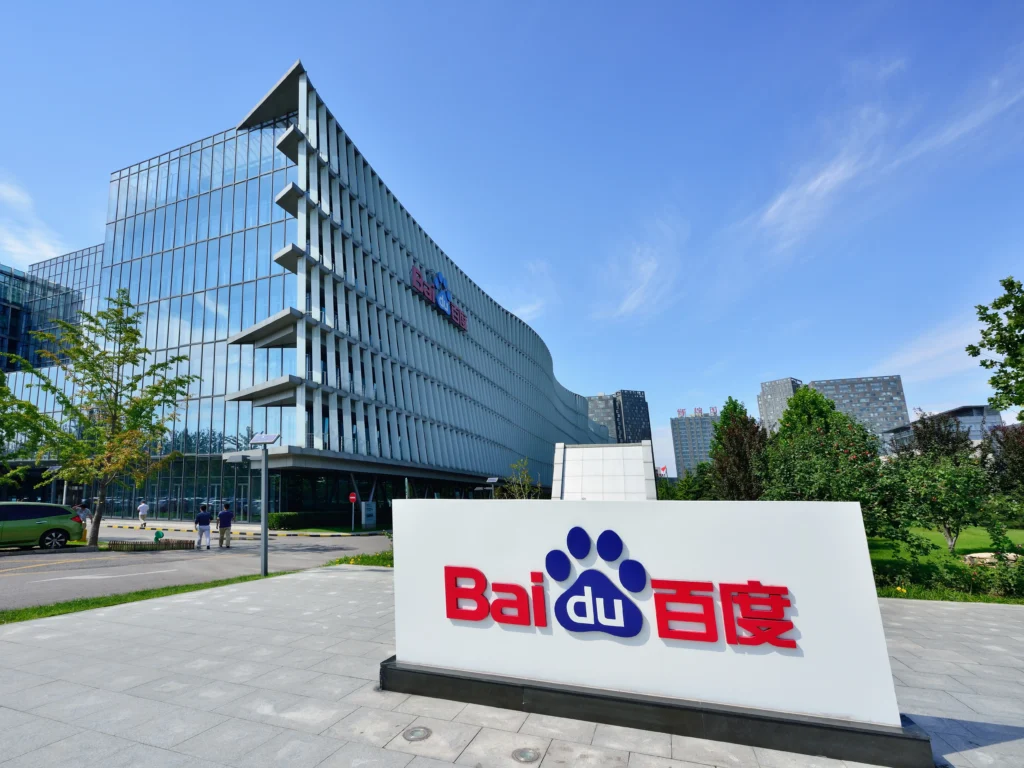Chinese tech giant Baidu has filed a groundbreaking patent for an artificial intelligence system that aims to translate animal vocalisations, like a dog’s bark or a cat’s meow, into human language. The move represents a bold step into a new frontier of AI innovation, with the ambitious goal of enabling humans to better understand the emotions and needs of their pets.
The patent, made public this week, describes an AI-powered decoding engine capable of interpreting audio signals produced by animals and converting them into natural language through real-time processing. According to Baidu, the system will analyse pitch, tone, frequency, and behavioural context to deliver accurate translations that reflect not only the sound but also the emotional state or intention behind it.
“This is about more than novelty, it’s about empathy and deepening the human-animal bond,” a Baidu representative said. “We’re exploring how artificial intelligence can help humans communicate across species boundaries.”
At the heart of the proposed technology is a multi-modal AI model that combines audio recognition, behavioural data, and machine learning algorithms trained on vast datasets of animal interactions. The system collects a variety of signals, sound patterns, movement, tail wagging, or body posture and cross-references them with previously logged emotional or contextual responses.
For example, a dog’s excited bark upon seeing its owner could be interpreted as “I missed you!” while a cat’s low growl might be translated as “Leave me alone.”
The technology would likely require dedicated hardware or mobile apps equipped with microphones and possibly wearables for pets to provide more accurate context in real time.
While several startups and pet tech companies have released novelty “pet translators” in the past, often relying on simplified sound libraries or crowdsourced data, Baidu’s effort is one of the first backed by major AI infrastructure and a national tech powerhouse. The company is already recognised for its leadership in natural language processing, computer vision, and autonomous driving.
The patent signals Baidu’s broader intention to diversify its AI applications beyond commercial and enterprise use into consumer lifestyle technologies, a space increasingly shaped by emotional computing and personalised interaction.
Pet ownership is booming globally and the emotional value of pets has never been higher. According to a 2024 report by Euromonitor, the global pet care market is expected to surpass $270 billion USD by 2026, with demand rising for “smart” pet accessories and health monitoring systems.
Experts say Baidu’s innovation could play a pivotal role in transforming pet care.
“If done well, this could revolutionise how we understand animal behaviour, not just in homes, but also in veterinary medicine, wildlife conservation, and even agriculture,” said Dr. Mei Lin, a behavioural scientist at Tsinghua University.
Baidu has not yet confirmed a commercial release timeline or prototype, but analysts expect the company to showcase early versions at upcoming tech expos or partner with hardware manufacturers for trials. There’s also speculation that the system may integrate with Baidu’s Ernie AI ecosystem or be bundled with smart home platforms.
For now, the idea of finally knowing what your dog really thinks when it tilts its head or why your cat knocked over your coffee, may be one step closer to reality.

